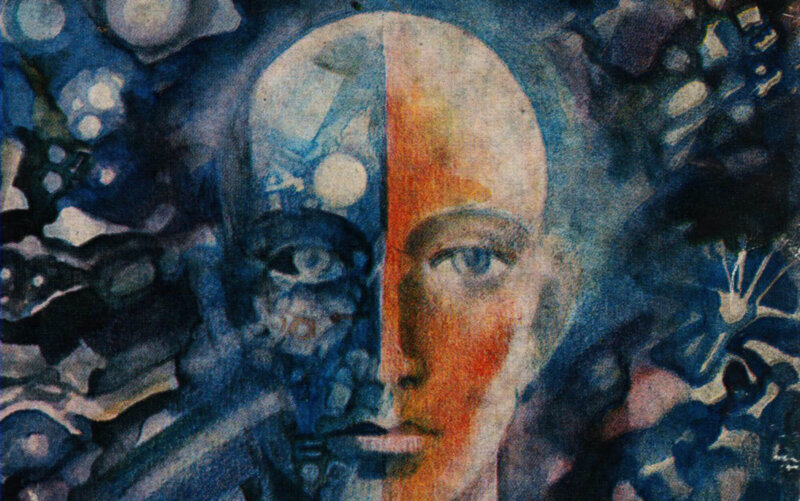Man, God, and Machine

“Logic is to be conceived […] as the realm [Reich] of pure thought. This realm is truth as it is without veil and absolutely. It can therefore be said that this content is the exposition of God as he is in his eternal essence before the creation of nature and a finite mind.” – Hegel, Science of Logic




